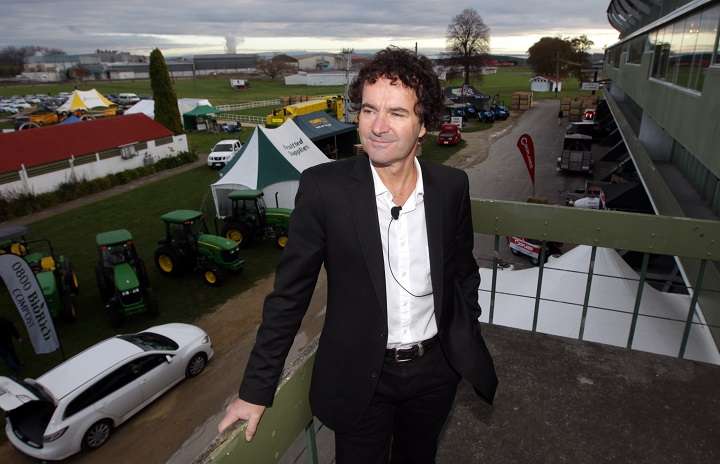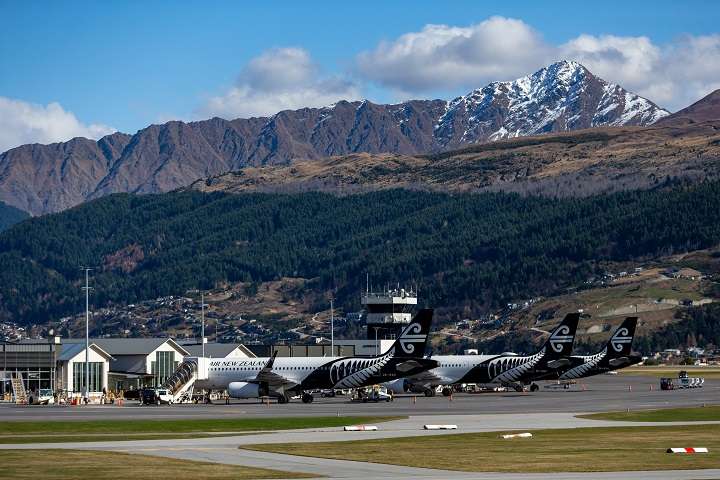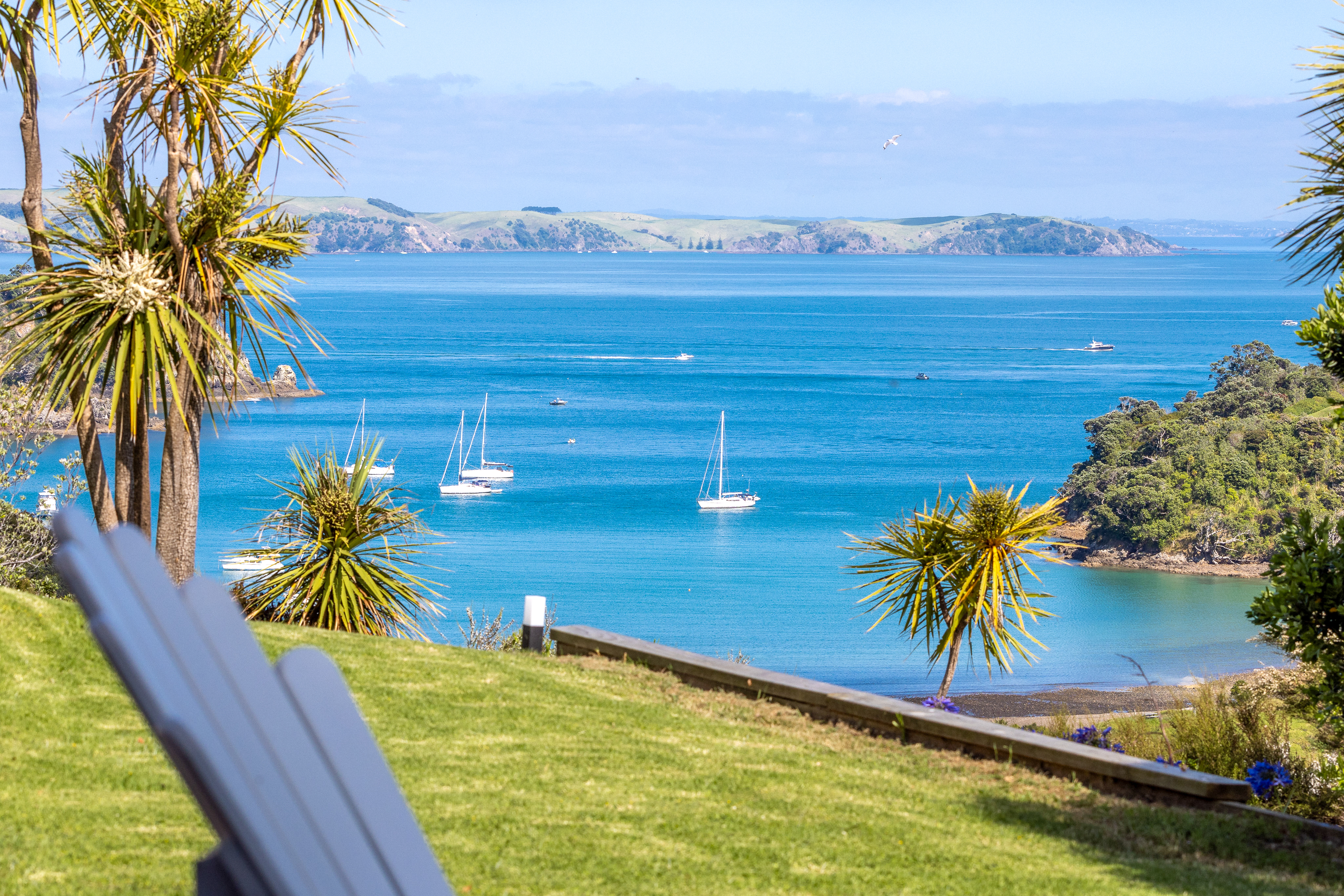The Queenstown housing market is defying predictions of a slump as domestic tourism fills the economic hole left by the ban on international visitors.
When the first signs of Covid-19 forced New Zealand to shut down its borders, experts were worried about Queenstown - not only its immediate tourism, retail and hospitality businesses but also the wider economy, particularly housing.
READ MORE: Find out if your suburb is rising or falling
Queenstown, long one of the priciest areas for real estate in the country, suffered the largest decline in property values after pandemic struck.
Start your property search
But it appears to be getting back on its feet.
Bindi Norwell, the Real Estate Institute of New Zealand chief executive, says that the grave fears the industry had about Queenstown have not come to pass.
“April’s sales volumes were pretty low with 10 properties sold as a result of lockdown, down from 65 in March. But by June, the number of properties sold in the Queenstown Lakes District was back over the 80 mark and has been that way for the last few months,” she says.
“With good levels of domestic tourism over the last few months and people looking to invest in holiday homes here in New Zealand rather than travelling abroad this has certainly helped to provide a bit of a buffer for the area."
The impact on prices has been minimal too, with April median prices dropping to $850,000 and rising in a few months again to mid-$900,000.
According to the OneRoof-Valocity house price index, Queenstown is recovering. By the end of July, property values in Queenstown were 7.7 percent below pre-Covid levels – the biggest drop in the country. But is now values are just 4.4 percent below March 25 levels.
No more bargains
Economist Tony Alexander says Queenstown Lakes time of declining prices are almost over and the growth will continue.
He says the resort will have no shortage of buyers in the next few months.
“Even if there were any bargains, they have been and gone. Chances are prices will be genuinely flat for a year or so,” Alexander says.
“We have to remember that not everyone in New Zealand is poor and not everyone has been affected badly by Covid-19,” he adds.

Tony Alexander says Queenstown will have no shortage of buyers in the nearest future. Photo/ Paul Taylor
Alexander says that seasonally adjusted sales figures for Queenstown from June to August bounced back 136 per cent after a 50 per cent decline from March to May in volume.
The same seasonally adjusted figures show that the whole country was up 83 per cent with a rebound post lockdown period.
“Covid-19 was a blip in Queenstown’s long-term upward trend to become one of New Zealand’s most expensive non-coastal cities.”
He says buyers are mainly people who were planning to buy in Queenstown in a few years' time and are making the move earlier or people looking for a holiday home as they can’t go on holiday overseas.
Auckland to the rescue
Harcourts Queenstown managing director Warwick Osborne says the resort town loves Aucklanders as their domestic travels got property market "flowing” in the past few months.
“The market has been quite solid. We really saw the surge when Aucklanders were able to travel and get down here but even then, we sold properties sight unseen to people.”
Lifestyle residential properties are the most desirable at the moment, with multiple offers coming in for $2m plus listings.
While Queenstown real estate is heavily relying on New Zealand buyers there’s still activity from expats, particularly Australians making transactions sight unseen.
Osborne says potential opening to the trans-Tasman bubble would strengthen the market even more.
“If we got back to where we were with weekly flights from Australia, it would impact our market as a lot of them own properties here that they rent out long term and short term.”

Domestic spend in Queentown has increased by 92 per cent in July this year due to New Zealanders travelling there for a winter holiday. Photo / James Allan
New Zealand Sotheby's International Realty agent Ashley Fogel agrees that Australians flying in to the town will help sustain not only the real estate market but also the resort’s economy in general.
“This time last year we had 58 flights from Australia a week, that’s 18,000 people a week. And now we have none.”
However the office is well ahead on sales projections for the last month, and up from last year’s budget too, Fogel says. “It’s definitely to do with low interest rates and people not travelling overseas."
He has had enquiries from baby boomers who have been away for decades and are now looking for vineyards or lifestyle properties to buy.
A spokeswoman for Destination Queenstown says domestic visitor spending in July was driven by school holidays and the ski season, although August spend was down 44 percent on last year.
However, she says the overall fall was “slightly cushioned” by a $42 million (34 percent) increase in domestic spend.
“Domestic spend increased 92 percent to help bridge the gap left by the significant drop in international spend—overall spend in Queenstown in July was down 22 per cent against July 2019,” she says.










































































